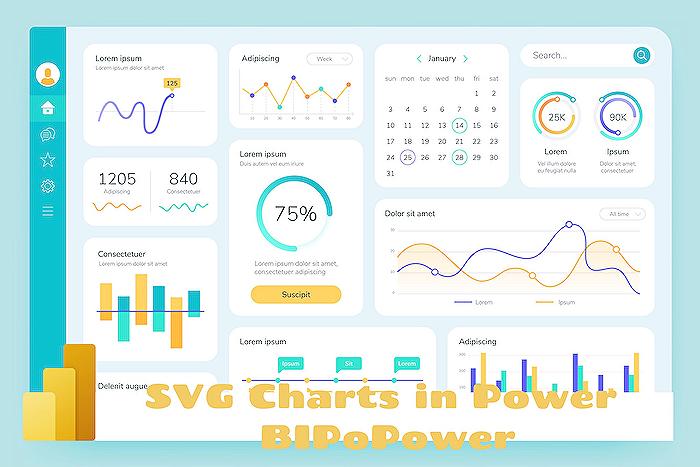Mastering DAX: Unraveling Evaluation Context Secrets
Unlock DAX Secrets with Brian Grant: Simplifying Complex Formulas in Power BI
Key insights
Demystifying DAX Evaluation Context simplifies the understanding of Evaluation Context in DAX, which is a common challenge for Power BI developers. Through a process called Formula Decomposition, complex DAX formulas are broken down into smaller, manageable parts. This method facilitates a clearer comprehension and long-term memory of Evaluation Context concepts.
The presentation given by Brian Grant offers insights into visualizing Row and Filter Context in DAX. It also explains how sub-formulas utilize these contexts to generate results seen in Power BI. As a result, viewers gain a comprehensive understanding of how to deconstruct intimidating DAX formulas into simpler components for better understanding.
Brian Grant is a Senior Business Analytics consultant based in Portland, Oregon, with a diverse background that includes acting, screenwriting, and economics. His philosophy centers on the notion that language and the way technology is taught, not technology itself, are often the main barriers to learning. Grant aims to make seemingly complex technological concepts accessible to all, embodying this approach through his Elements of DAX series on YouTube.
- Breaking down DAX formulas into smaller parts simplifies complex concepts.
- Understanding Row and Filter Context is crucial for working with DAX in Power BI.
- Visualizing how DAX formulas work helps in comprehending and applying Evaluation Context.
- Brian Grant's background enriches his teaching approach, making technical learning more accessible.
- Grant's series on YouTube serves as a valuable resource for those looking to deepen their understanding of DAX.
DAX in Power BI
DAX, or Data Analysis Expressions, is a collection of functions, operators, and constants that can be used in formulas, or expressions, to calculate and return values. In Power BI, mastering DAX is essential for creating custom calculations and extracting more profound insights from data. However, newcomers often find DAX intimidating due to its complex syntax and the abstract concept of Evaluation Context. This perceived complexity can act as a barrier to effectively leveraging Power BI’s full capabilities.
Evaluation Context, which includes Row Context and Filter Context, is fundamental in understanding how DAX formulas calculate results. Simplifying these concepts, as Brian Grant does through Formula Decomposition, proves invaluable for learners at all levels. By breaking down formulas into smaller, understandable parts, users can visualize and grasp how DAX evaluates data within different contexts. This approach not only aids in learning DAX but also in troubleshooting and optimizing Data Models.
Beyond technical skills, understanding DAX on a deeper level empowers Power BI users to design more efficient data models, create dynamic reports, and uncover insights that can significantly impact decision-making processes. The journey to DAX mastery starts with demystifying its core principles and embracing a step-by-step learning approach, such as the one advocated by Brian Grant. Whether you're a beginner or an experienced developer, refining your understanding of DAX and Evaluation Context is a continuous process, with each step unlocking new possibilities in data analysis and visualization.
Exploring DAX and its Impact on Data Analysis
DAX, or Data Analysis Expressions, plays a pivotal role in Power BI and data analysis, allowing developers to create advanced calculations and data models. Understanding DAX's Evaluation Context is crucial for leveraging the full potential of Power BI, enhancing data insights and reporting capabilities. Brian Grant's approach to demystifying DAX through "Formula Decomposition" offers a practical method for tackling complex formulas, making the technology accessible to a wider audience. By simplifying these concepts, Grant not only aids in the professional growth of developers but also contributes to the advancement of data analysis techniques. His educational background and unique approach to teaching highlight the importance of clear communication in the tech world. As DAX continues to evolve, resources like Grant's YouTube series become invaluable tools for both novices and experts in the field of data analytics.

People also ask
What is the evaluation context of a DAX formula?
Evaluation context is a foundation for dynamic analysis in DAX, where the outcomes of a formula can adjust based on the current row, cell selection, or any associated data, providing a flexible and powerful analytical capability.
Which DAX function is used to change the filter context of an existing measure?
To alter the filter context of an already defined measure, the CALCULATE function is employed. This involves passing specific filters and filter modifiers to CALCULATE, facilitating a context transition to achieve desired analytical objectives.
Keywords
Demystifying DAX, DAX Evaluation Context, Understanding DAX, DAX Context Guide, Advanced DAX tutorial, DAX context errors, Mastering DAX context, DAX calculation context, Improve DAX performance, DAX context best practices
